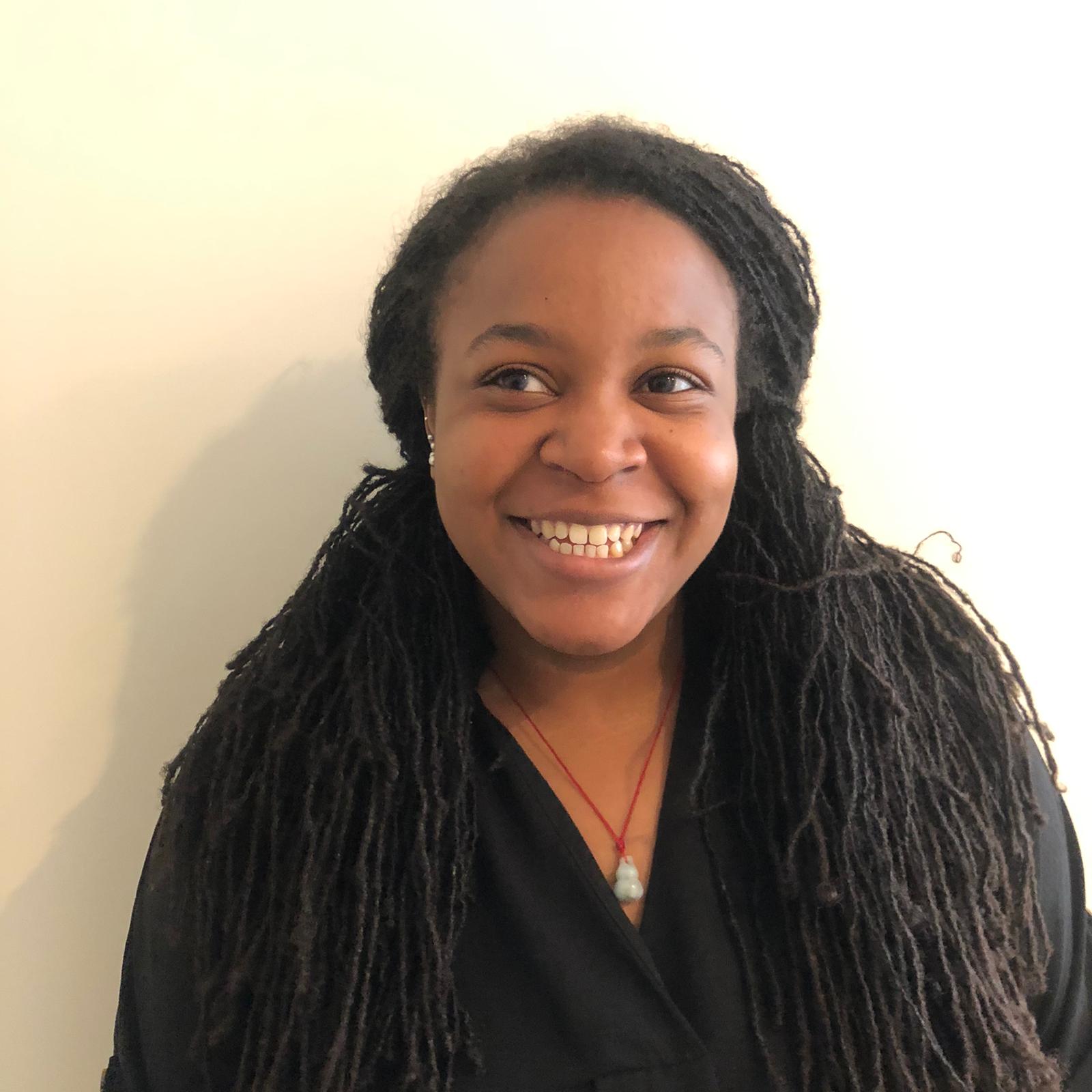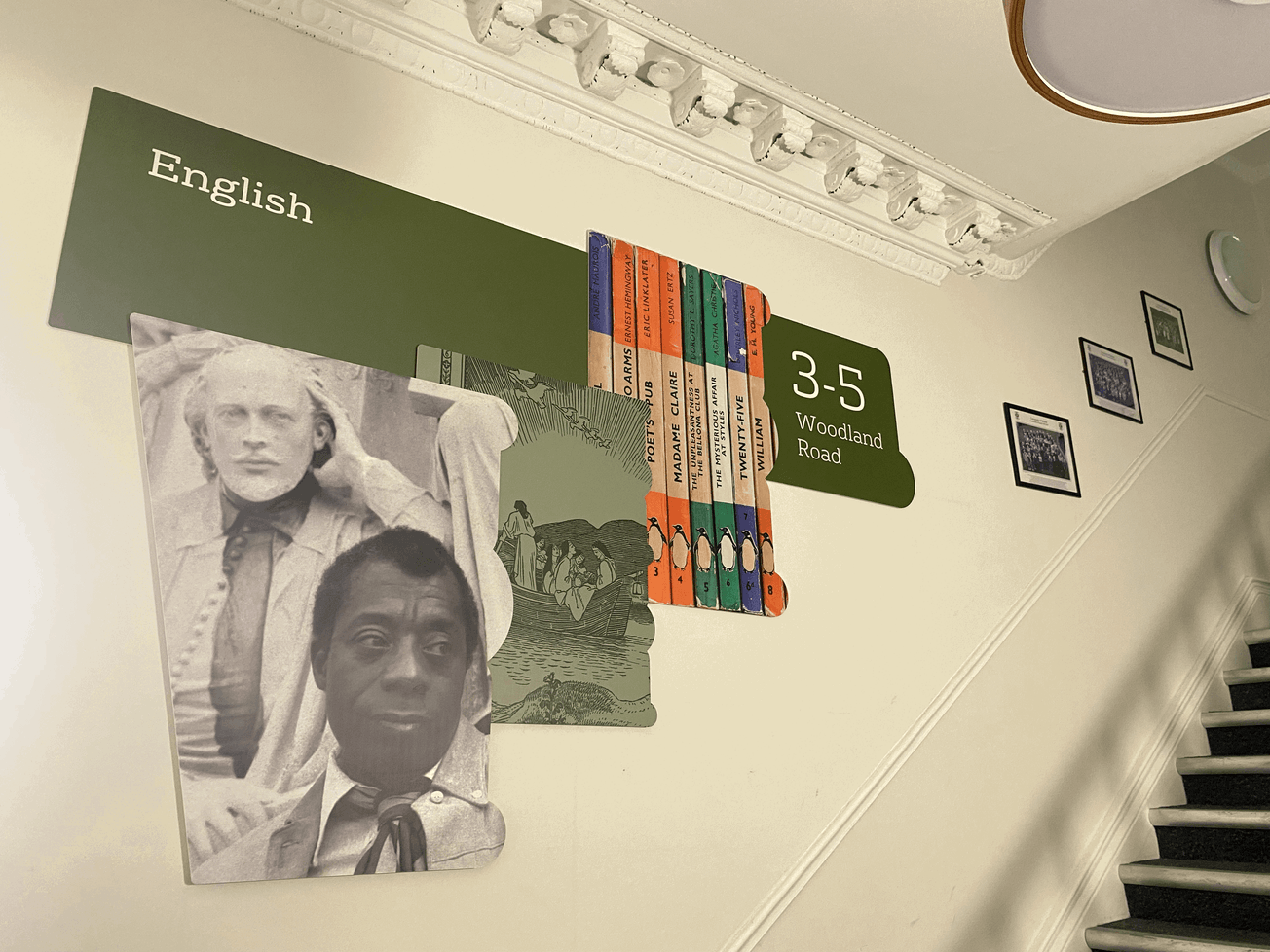By Isobel Edwards, Third Year English
Dr Leighan Renaud completed her undergraduate’s degree at the University of Hull in English Literature, gaining her MA from Brunel University London. She proceeded to complete a PhD at the University of Leicester, pursuing her longstanding interest in literary representations of motherhood and focusing on the presentation of matrifocality in Caribbean fiction. In light of International Women’s Day, Epigram spoke to Leighan about the women who inspire her, the impact of motherhood upon her career in academia, and the inequities in the sector.
Leighan then gained a permanent position as a Lecturer in Caribbean Literatures and Cultures at the University of Bristol. She expressed her joy at completing academic work that reinforces how she identifies, as an empowered female scholar of Caribbean heritage: ‘To have that passion reflected in a job title isn’t something that happens every day.’
Leighan’s research speaks to the cultural value of motherhood, especially within the literature she is most drawn to. ‘It just kept coming up in the fiction’, she explained.

Her research has illuminated how the English-speaking Caribbean islands are conceptualised as ideologically patriarchal due to their colonial histories. Despite this, ‘The lived realities for most of those Caribbean islands is that women in their roles as mothers are central’.
Leighan believes her attraction to matrifocality is due to its relationship with feminism. ‘We are not just replacing the patriarchy, as one hierarchical structure, with the matriarchy, another hierarchical structure. Rather, matrifocality thinks about women as being central, doing away with the notion of anyone being on top’.
'Leighan is unwilling to concede to the growing political pessimism of our time'
She recently became a mother herself, and contends that ‘the power of lived experience’ has positively informed her academic knowledge and interest. As both a female academic and a mother, Leighan is inspired to direct her research beyond the locale of the Caribbean. Thinking about the work of mothering in the context of black people across the global diaspora, she hopes to explore the literary representation of black mothers in Britain specifically.
Alluding to the racial inequality of the higher education sector, Leighan told Epigram that it took a while to find other black female researchers during her PHD. Once she found and gained access to the community, it entirely transformed her academic experience. These women’s ability to give so much back ‘is a gift and what we always need to aspire to do’.
Showing gratitude to the influential women in her life, in light of International Women’s Day, Leighan acknowledged other black women academics who continue to inspire her. She referenced the shared ability of Professor Patricia Noxolo, Dr Margaret Byron and Dr Hannah Robbins to ‘do such incredible work and still always be so supportive to junior scholars.’
Discussing her own experiences of gender inequality in academia, she acknowledged that higher education has a long way to go, referencing recent data published on the gender pay gap at University of Bristol, which outlines that women’s median hourly pay is 11.1 per cent lower than men’s.
For Leighan, gender inequality must be approached through an intersectional lens: ‘If we add race, the issue is compounded. Any experiences of inequality which I have faced in academia have been on the grounds of both race and gender; I can’t separate the two’.
Alumni Series: Investigative journalist Alexander MacKay on documenting poverty in Afghanistan and Pakistan
‘Age is not a barrier to university’: In conversation with Eulinda Antonette Clarke-Akalanne
In hope for any solutions towards a reformation, Leighan points out that we need to reorient our priorities, starting by addressing the issues that arise prior to higher education. She expressed concerns that ‘it will take a lot of honesty that many people aren’t ready for’. But Leighan is unwilling to concede to the growing political pessimism of our time.
She repeated some wisdom imparted to her by grandmother, ‘Where there is life there is hope’, and despite the lack of identifiable solutions currently available, one must remain optimistic that society will improve, resolving its gender inequities.
Featured image: Epigram / Lauren Sanderson
Which women most inspire you?









